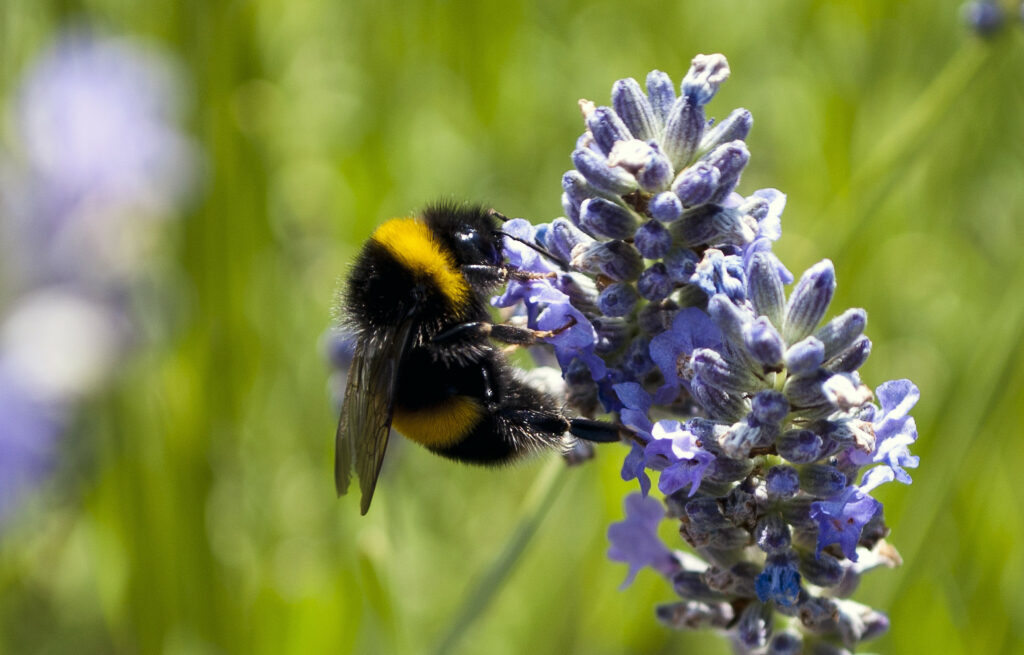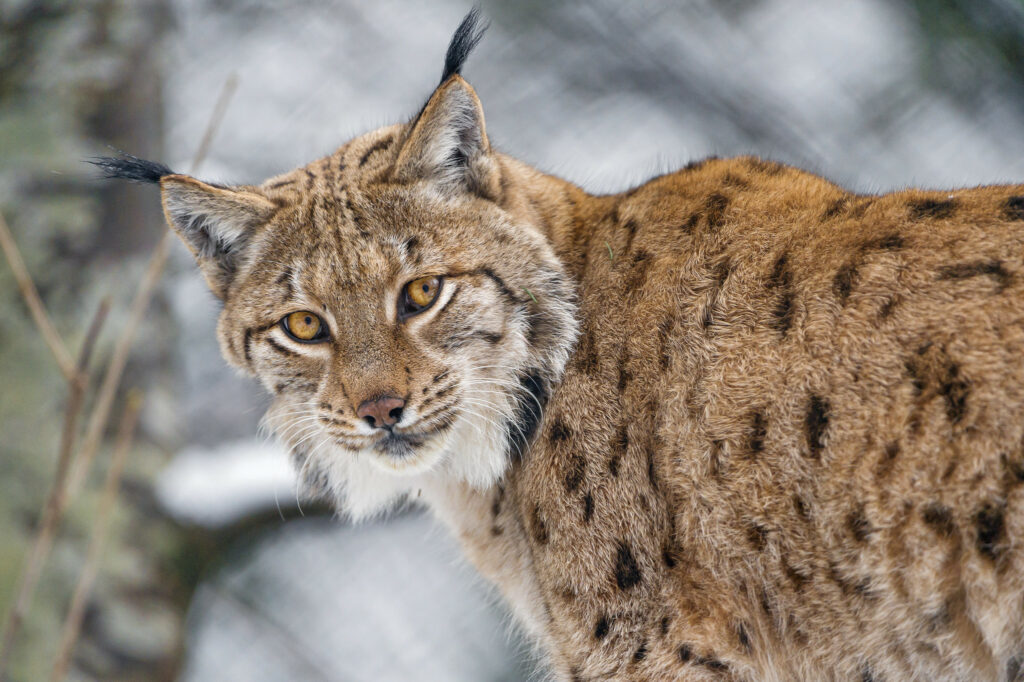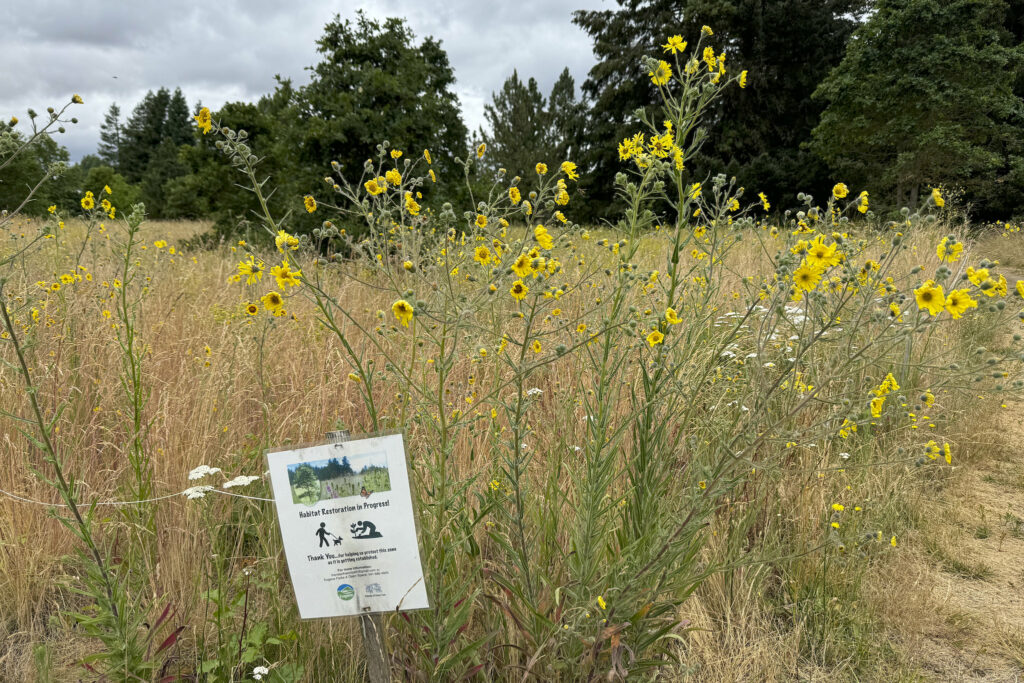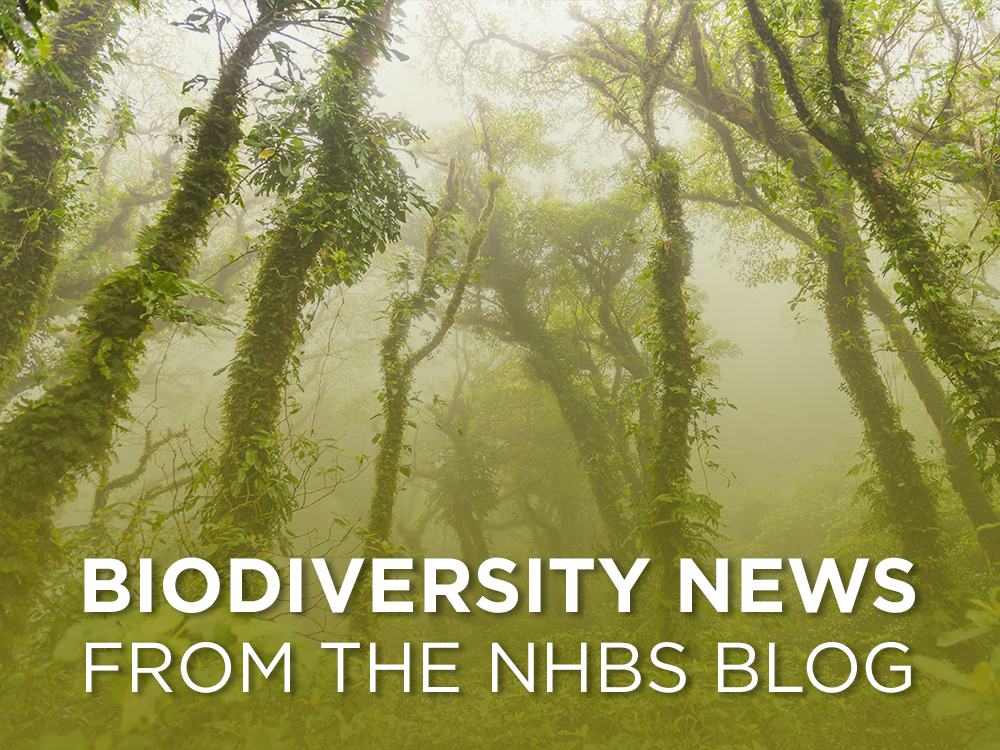Wildlife
Water Vole populations are undergoing a national decline in the UK. A new report from the Wildlife Trusts, The National Water Vole Database Project Report, was released last month to document the findings of a nationwide investigation examining Water Vole distribution over the past ten years. Although the report documented a 39% decrease in the number of occupied areas across the UK, it also identified a further 11 new regional key areas of increasing local populations, including several in East Anglia and Yorkshire. The report reveals a bleak national picture with declines across the country due to habitat loss and deterioration, but shows that in the right conditions, and with the help of conservation practitioners, it is possible to reverse their historic decline.

Conservationists have observed active worker bumblebees nest-building in Scotland during the winter months. Unusually mild weather during the Christmas period has led to early awakening from hibernation, and at least two species have started to build new nests early in the winter season. However, the subsequent return of cold weather and the scarcity of winter food sources pose a significant threat to these early nests, risking their collapse. In this instance, fewer queens would be available to build nests in the spring and could contribute to the national decline of bumblebees.
Conservation
The National Trust has announced plans to create 250,000 hectares of biodiverse landscape. Equivalent to 1.5 times the size of Greater London, these nature-rich landscapes across England, Wales and Northern Ireland will address a current national need and are estimated to provide habitat for 1 billion earthworms. Labelled audacious yet achievable, this goal will be actioned on Trust properties, but also in partnership with other organisations, farmers and communities, to create larger tracts of landscape to tackle the climate and nature crises.

Last week, Lynx were reported in the Cairngorms National Park. A total of four animals were illegally released and subsequently captured by the Royal Zoological Society of Scotland (RSS), where they were taken to be quarantined at Highland Wildlife Park (later one sadly died). The source of these animals remains unknown, but experts have raised concerns about the nature of their release – these animals were released in sub-zero temperatures within areas of logging activity, which has been deemed a highly irresponsible action that has drawn criticism from conservationists.
Climate Crisis
2024 marks the first calendar year to surpass the 1.5°C warming limit. Now thought to be the world’s hottest year on record, 2024 has brought the world closer to breaking the international warming target of 1.5°C – although this target is based on long-term temperature averages, last year’s trends signify an upturn in global temperature, with the last decade being the warmest on record. Predominantly due to harmful greenhouse gas emissions, which are still at record highs, this record is met with calls for cuts in emissions over this calendar year.

The UK generated its cleanest electricity ever in 2024, with 58% from low-carbon sources. The amount of electricity generated from fossil fuels has halved in the past decade, with the UK having seen an upturn in the use of renewable energy sources. In the past twelve months, renewables have generated 45% of the UK’s power, and when including nuclear sources, this number totals to 58%. Despite this, fossil fuels are still generating approximately 29% of electricity in the UK, and in order to meet climate and emission targets experts are urging for an accelerated phase out.
Finance
In a ‘landmark’ deal, the world’s first private sector loan based on biodiversity net gain unit models has been granted. Triodos Bank UK has loaned £3.85m to environmental consultancy Nature Impact – the money will be used to purchase a total of 122 acres over two sites, unlocking degraded farmland for biodiversity net gain. These degraded sites will undergo restoration and habitat creation, including native wildflower meadows and wetlands, to enhance their support of British wildlife and climate goals.

Ecologists at Oxford University have designed a new framework to classify how a unit of nature is defined for biodiversity credits. In the review, researchers acknowledge the lack of clarity on how one unit of nature is defined, or how measurements are standardised, and demonstrated the challenges involved with the biodiversity credit market. It presents a framework exploring how biodiversity is quantified, how positive outcomes are detected and how the number of credits can be adjusted to account for uncertainties. The authors caution against biodiversity credits to offset negative impacts, and instead direct focus on avoiding and reducing these factors.

